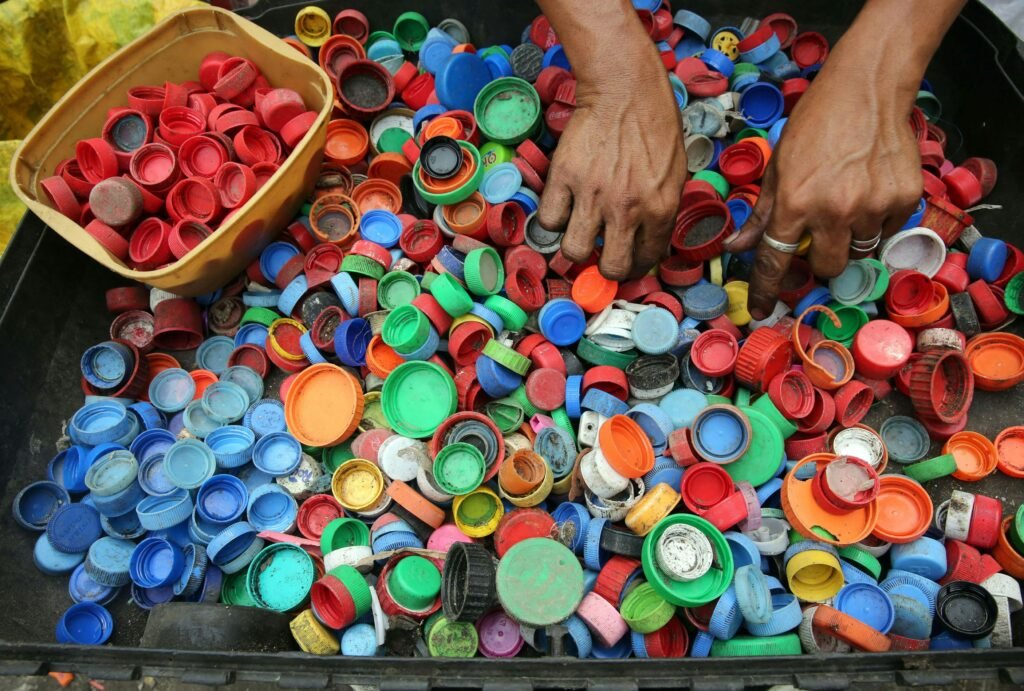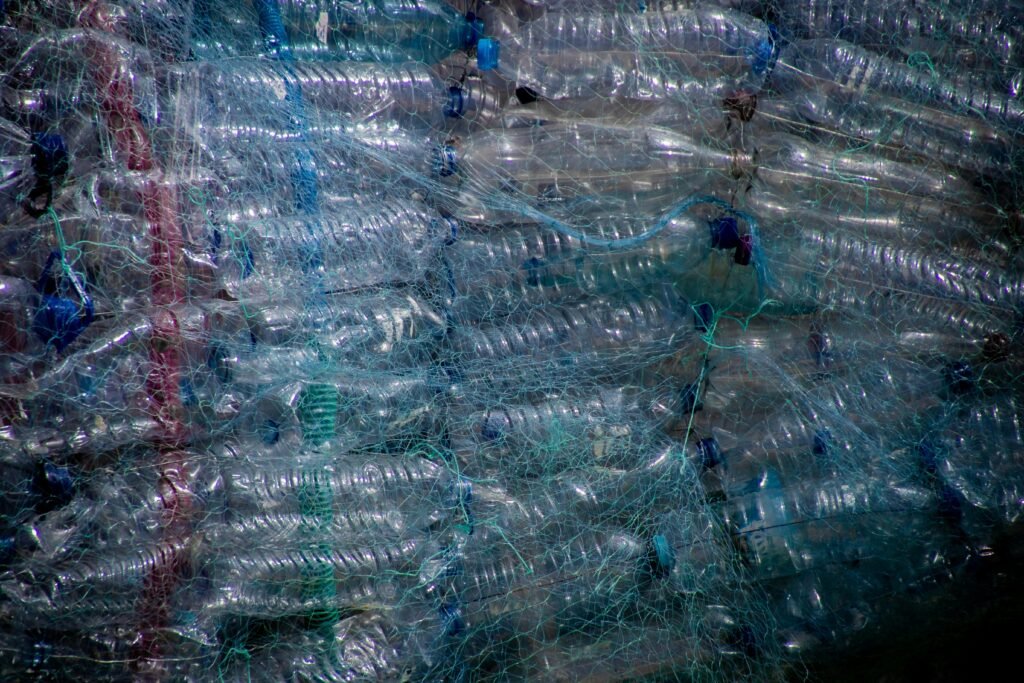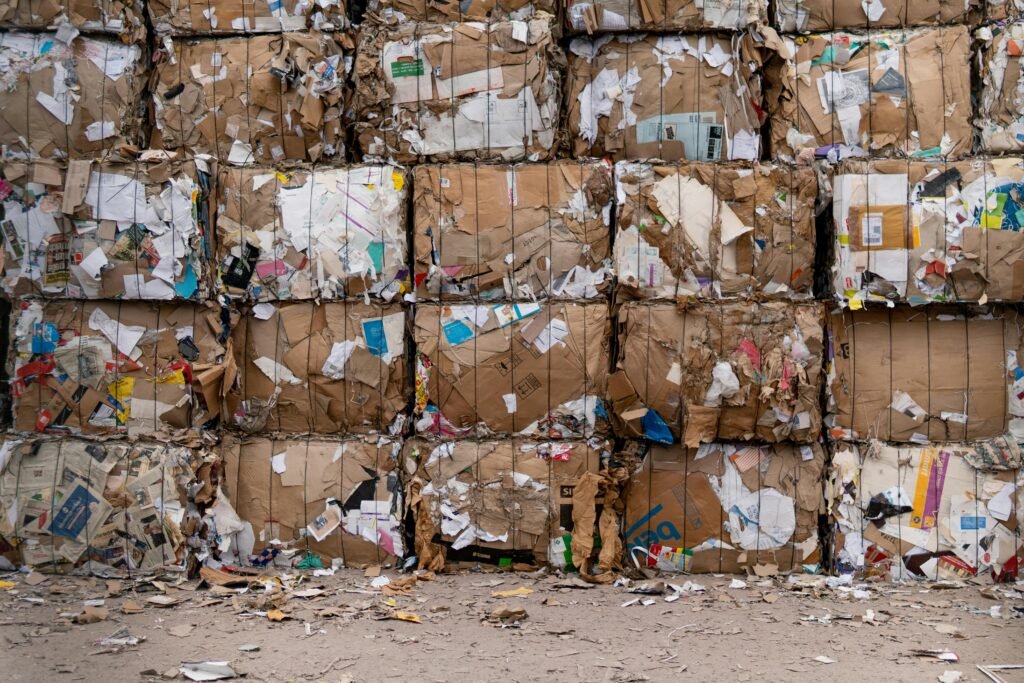Welcome to a helpful guide on effective ways of recycling plastic storage! In this article, you will learn about the importance of recycling plastic storage containers, the different methods for recycling them properly, and how to dispose of them at the end of their life cycle. By implementing these eco-friendly practices, you can help reduce waste and protect the environment for future generations. Let’s dive in and learn more about recycling plastic storage! Have you ever wondered what to do with all the plastic storage containers you have lying around your home? Instead of throwing them away, consider recycling them! Recycling plastic storage containers not only helps reduce waste but also benefits the environment. In this article, we will explore effective ways of recycling plastic storage and discuss the importance of proper end-of-life disposal. Let’s dive in and learn how you can make a positive impact on the planet!

This image is property of images.pexels.com.
Understanding Plastic Recycling
Plastic storage containers are typically made of polypropylene, a type of plastic that is recyclable. Recycling plastic involves processing the material to create new products, reducing the need for raw materials and energy. By recycling plastic storage, you are helping to conserve resources and reduce greenhouse gas emissions.
How Does Plastic Recycling Work?
Plastic recycling begins with collection and sorting. Once collected, plastic storage containers are sorted based on their resin type. The containers are then cleaned, shredded, and melted down to form pellets. These pellets can be used to create new plastic products such as recycled storage containers, packaging materials, and more. Recycling plastic storage containers helps to close the loop and reduce the amount of waste sent to landfills.
Benefits of Recycling Plastic Storage
Recycling plastic storage containers offers a multitude of benefits, both for the environment and society as a whole. By choosing to recycle your plastic storage containers, you are contributing to a more sustainable future for generations to come. Let’s explore some of the key benefits of recycling plastic storage.
Environmental Impact
Recycling plastic storage containers helps to reduce the demand for virgin plastic, which in turn conserves natural resources such as oil and gas. Additionally, recycling plastic prevents the release of harmful greenhouse gases that contribute to climate change. By recycling, you are helping to protect ecosystems, wildlife, and marine life from the negative impacts of plastic pollution.
Economic Benefits
Recycling plastic storage containers creates jobs in the recycling industry and generates revenue from the sale of recycled materials. Recycling also reduces the costs associated with waste disposal and landfill management. By supporting recycling efforts, you are contributing to a circular economy that promotes sustainability and economic growth.
Social Responsibility
Choosing to recycle plastic storage containers demonstrates your commitment to environmental stewardship and social responsibility. By recycling, you are setting a positive example for others in your community and inspiring change. Encouraging others to recycle their plastic storage containers can help create a culture of sustainability and environmental awareness.

This image is property of images.pexels.com.
Effective Ways to Recycle Plastic Storage
Now that you understand the importance of recycling plastic storage containers, let’s explore some effective ways to recycle these items in your home. By following these simple steps, you can easily incorporate recycling into your daily routine and make a positive impact on the environment.
Check Local Recycling Guidelines
Before recycling your plastic storage containers, it’s important to check with your local recycling facility to determine which types of plastic are accepted. Not all recycling centers accept the same materials, so it’s crucial to know what can and cannot be recycled in your area. You can usually find this information on your city or county’s official website or by contacting your local waste management department.
Clean and Prepare Containers
Before recycling plastic storage containers, make sure to clean and prepare them properly. Remove any leftover food or residue from the containers, and rinse them with water to ensure they are free of contaminants. Removing labels and lids from the containers can also make the recycling process more efficient. By taking the time to clean and prepare your plastic storage containers, you are helping to maintain the quality of the recycled material.
Separate Containers by Resin Type
Plastic storage containers are classified by resin type, which indicates the type of plastic they are made from. Common resin codes include PET, HDPE, PVC, LDPE, PP, PS, and Other. It’s important to separate your plastic storage containers by resin type before recycling to ensure they are properly processed. Most containers will have a resin identification code stamped on the bottom, making it easy to determine the type of plastic.
Recycle at Home or Drop-off Locations
Once you have cleaned and sorted your plastic storage containers, you can choose to recycle them at home or drop them off at a designated recycling location. Some communities offer curbside recycling programs where you can place your recyclables in a separate bin for collection. If curbside recycling is not available in your area, look for drop-off locations such as recycling centers, supermarkets, or community collection events.
Repurpose Containers for Storage
If you have plastic storage containers that are still in good condition but no longer needed for their original purpose, consider repurposing them for storage. You can use old containers to organize your pantry, garage, or closet, reducing the need to purchase new storage solutions. Repurposing plastic storage containers is a sustainable way to extend their lifespan and reduce waste.
End-of-Life Disposal of Plastic Storage Containers
In addition to recycling, it’s important to consider the end-of-life disposal of plastic storage containers that are no longer usable or recyclable. Proper disposal methods can help prevent environmental pollution and ensure the responsible management of plastic waste. Let’s explore some options for disposing of plastic storage containers when recycling is not possible.
Landfill Disposal
If plastic storage containers cannot be recycled due to contamination or damage, they may need to be disposed of in a landfill. When sending plastic containers to the landfill, make sure to follow local regulations and guidelines for waste disposal. Placing plastic waste in the landfill should be a last resort, as it contributes to environmental pollution and takes up valuable space.
Energy Recovery
Some waste management facilities offer energy recovery options for plastic waste that cannot be recycled or composted. Energy recovery involves converting plastic waste into energy through processes such as incineration or gasification. While energy recovery can help reduce the environmental impact of plastic waste, it is not a sustainable solution in the long term. It’s important to prioritize recycling and waste reduction over energy recovery whenever possible.
Composting Biodegradable Containers
If you have biodegradable plastic storage containers made from materials such as PLA (polylactic acid), you may be able to compost them at home or through a commercial composting facility. Composting biodegradable containers helps divert organic waste from landfills and produces nutrient-rich compost for gardening and landscaping. Make sure to follow composting guidelines and best practices to ensure successful decomposition of the biodegradable material.

This image is property of images.pexels.com.
Conclusion
Recycling plastic storage containers is a simple yet impactful way to reduce waste and protect the environment. By following the effective ways of recycling plastic storage outlined in this article, you can make a positive contribution to sustainability and promote a circular economy. Remember to check local recycling guidelines, clean and prepare containers, separate by resin type, and recycle at designated locations. Additionally, consider repurposing containers for storage and exploring end-of-life disposal options when recycling is not feasible. Together, we can make a difference in the world by recycling plastic storage and reducing our environmental footprint. Thank you for joining us on this journey towards a greener future!
